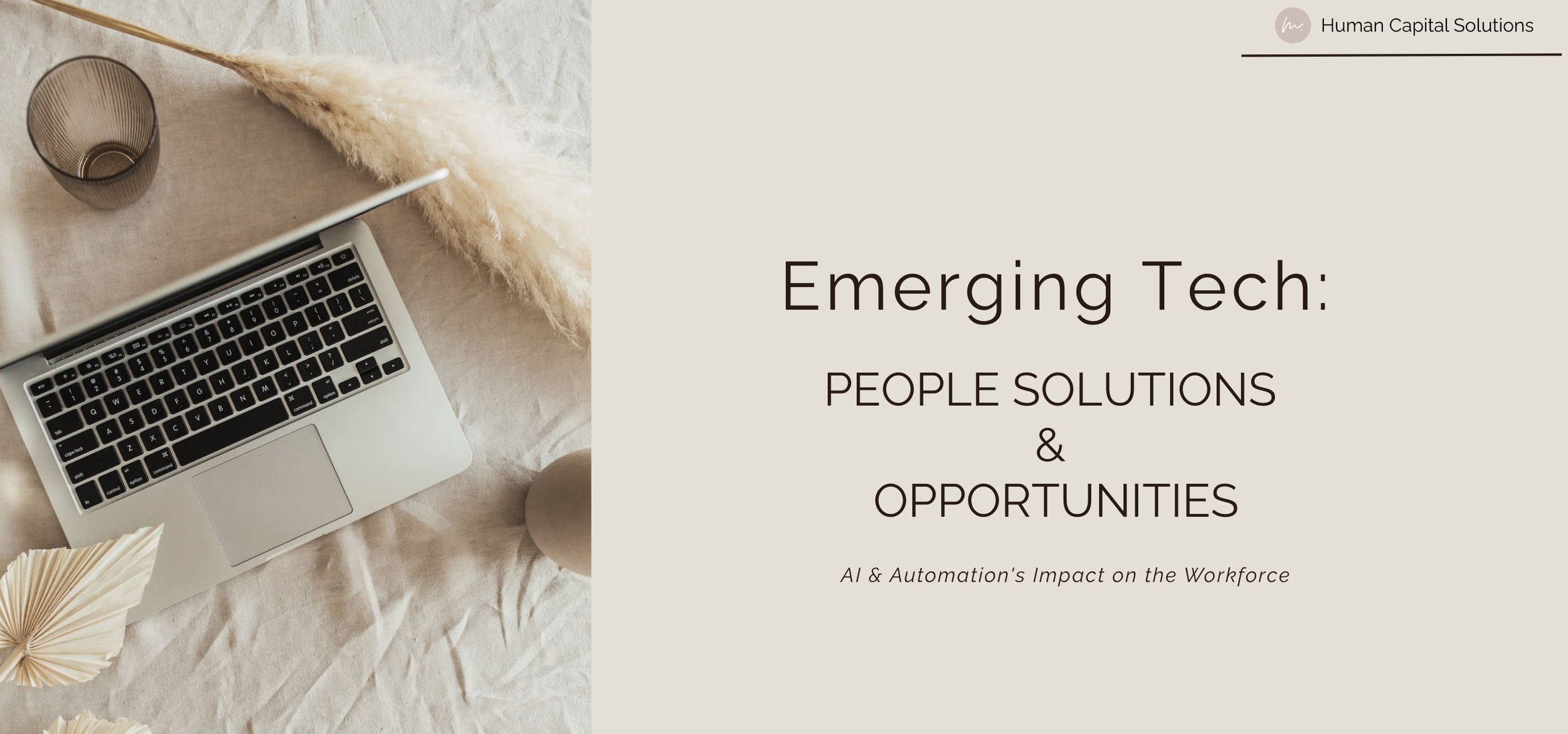Bias By Design: Safeguarding Inclusion in the Age of Intelligent Systems
“I was told I wasn’t ready for leadership—again. Meanwhile, the guy they promoted had been on the team six months. I trained him.”
I’ve been thinking a lot about the mass exodus of Black women from corporate America—especially in 2025. In a single month, LinkedIn was filled with posts from Black women saying they were “rethinking success,” “taking time,” or sharing news of being part of a layoff. While anecdotal, the volume was telling. And the numbers confirm it: Black women are leaving corporate spaces at disproportionately high rates.
Not because they lack ambition or ability—but because they’re tired.
Tired of being passed over.
Tired of being underpaid.
Tired of being over-policed in how they show up at work.
This isn’t a future problem. It’s happening now. And it demands intentional action.
The Workforce Exodus Is a Red Flag
According to the 2023 Lean In and McKinsey report, Black women are the least likely to feel supported by their manager and the most likely to experience microaggressions—often being mistaken for someone at a lower level.
“They said I had leadership potential, but I needed to ‘soften my tone.’ I spent more time decoding feedback than developing skills.”
From being labeled “aggressive” for assertiveness to being passed over due to coded feedback, the bias is not only real—it’s costly.
A Gallup study found that employees who feel excluded or undervalued are nearly three times as likely to leave their jobs, costing organizations top talent and compounding attrition.
This isn’t a personal failing—it’s a systems failure.
Enter AI: The Next Frontier for Bias
AI is only as fair as the data and design behind it. As AI systems become more embedded in how companies recruit, evaluate, promote, and manage people, there is a concerning risk that these existing inequities could be embedded within the algorithms that shape the future of work.
A 2021 Brookings Institution study found that AI recruiting tools were more likely to:
Exclude candidates with ethnic-sounding names
Penalize applicants from HBCUs
Favor data inputs that historically excluded Black women from leadership
“AI flagged my performance as inconsistent. Turns out it was picking up on my writing style—direct and concise—flagging it as less collaborative.”
These are not hypothetical harms. If we don't act with intentionality, AI could become the newest—and most impenetrable—barrier to equity in the workplace. However, with intentional antibias planning, we can utilize AI to usher in and deliver on the promise of equity, inclusion, and belonging.
Corporate Social Responsibility Must Evolve
CSR is no longer about annual reports or feel-good donations—it’s about operational integrity. If a company’s AI systems undermine equity, then so does its culture.
Responsible AI is no longer just a tech issue—it’s a trust issue. A leadership issue. A bottom-line issue.
If you value equity, then your AI should reflect that value, not contradict it.
For more, read: Corporate Responsibility: Doing What Is Right Versus What Is Required.
A Framework for Responsible AI
1. Design with Diversity in Mind
Audit datasets for representativeness across gender, race, and intersectional identities
Include real-world nuance and underrepresented voices in training data
2. Embed Human Oversight
Include DEI experts in development teams
Create “bias checkpoints” at every phase of testing and rollout
3. Be Transparent and Accountable
Clearly communicate how AI decisions are made
Allow for human override and appeals processes
4. Integrate Equity into AI Success Metrics
Don’t just measure speed—measure fairness
Align AI performance with inclusive outcomes, not just operational KPIs
The Time to Act Is Now
We are at a crossroads. As work becomes increasingly automated, we must ask:
Who is that future built for?
Who gets included—and who gets pushed out?
If inequities are embedded in AI today, tomorrow’s workplace will be untenable for those it deems "other." And Black women—already navigating bias in analog systems—will be digitally filtered out by algorithms that weren’t designed for them.
This isn’t just an ethical issue.
It’s a business issue.
A culture issue.
A people issue.
Reevaluate your AI tools
Include Black women and underrepresented voices in design conversations
Treat responsible AI not as an add-on, but as a core tenet of corporate responsibility
Because fair systems don't happen by accident. They're designed.
Let’s design better.
Is Your HR Team Ready for the AI Era?
The future of work is already here—and HR is at the center of it.
Download our Emerging AI & Automation in HR presentation and explore:
How AI is reshaping hiring, engagement, and operations
The Top 5 Ethical Concerns every HR leader must navigate
Actionable strategies to keep your people-first values intact in a tech-forward world
This is more than a trends report—it's a tool to help HR leaders stay ahead, stay human, and design ethical, innovative talent solutions.






